Frederick III, German Emperor tipo de personalidade mbti
Personalidade
"Que tipo de personalidade é Frederick III, German Emperor? Frederick III, German Emperor é um tipo de personalidade ENFP em mbti, 7w6 - sx/so - 792 em enneagram, em Big 5, em sociônicos."
Ne - Frederick III's vision of Germany: As Crown Prince, Frederick III often found himself in opposition to the conservative Otto von Bismarck, especially when it came to the way in which Germany should be unified. Bismarck favoured military force and authoritarian politics to unify Germany, while Frederick opposed the use of force. Frederick saw possibilities for a more democratic future, and he strove for renewal by changing traditional power structures. His critical attitude towards Bismarck and his advocacy of political reform show how his Ne drove him to think in terms of alternatives and possibilities for the future. Frederick believed in a more progressive and inclusive political structure, where the power of the monarchy would be limited in favor of the democratic representation of the people. Fi - Frederick's ethical principles: Despite his military successes during the Second Schleswig War, the Austro-Prussian War, and the Franco-Prussian War, Frederick had an aversion to war. He was praised by friends and enemies alike for his humane approach to leadership and his moral convictions. His inner ethics and morals prevailed over the demands of the outside world. He had deep principles about what was right and wrong, and these principles often contrasted with the reality of his time, which was steeped in militarism and authoritarian politics. Furthermore, Frederick believed that the state should not act contrary to popular opinion, which reflects his Fi-driven focus on justice and ethical responsibility. This emphasizes his belief that the state should be in harmony with the will of the people, a moral conviction that distinguished him from the authoritarian approach of Bismarck. Te - Frederick III and his leadership during the wars: Frederick was praised as a young man for his leadership and the successes he achieved during the wars. This indicates a certain degree of Te, as he was able to lead pragmatically and achieve results in conflict. This ability to implement strategies and lead in a war situation shows that he was able to use Te effectively, even when it conflicted with his personal preference for peace and humanity. Despite this, Frederick was not always able to translate his ideals into sustainable, pragmatic changes. Te was not strong enough to integrate his idealistic visions into everyday reality, as is seen in his conflict with Bismarck and his limited influence. Si - Problems with details and structure: Frederick III had an aversion to routine, a chaotic nature and was easily overstimulated. He had considerable difficulty in adhering to the established structure of the German Empire and the complex political reality in which he found himself. He advocated democratic reforms and was often in conflict with the authoritarian structures maintained by Bismarck. His desire to change these structures, without fully considering the detailed administrative and military systems of the old regime, points to the difficulties with inferior Si. He had difficulty accepting the limitations of the traditional system and was often frustrated by the lack of progress in politics. This probably led to much overstimulation, especially given the high pressure and opposition from the establishment. The constant conflict between his ideals and the reality of his political situation would have exhausted him emotionally. He was an ENFP, just like his great-granduncle, Frederick the Great!
Biografia
Frederick III (German: Friedrich Wilhelm Nikolaus Karl; 18 October 1831 – 15 June 1888) was German Emperor and King of Prussia for ninety-nine days in 1888, the Year of the Three Emperors. Known informally as "Fritz", he was the only son of Emperor Wilhelm I and was raised in his family's tradition of military service. Although celebrated as a young man for his leadership and successes during the Second Schleswig, Austro-Prussian and Franco-Prussian wars, he nevertheless professed a hatred of warfare and was praised by friends and enemies alike for his humane conduct. Following the unification of Germany in 1871 his father, then King of Prussia, became the German Emperor. Upon Wilhelm's death at the age of ninety on 9 March 1888, the thrones passed to Frederick, who had by then been German Crown Prince for seventeen years and Crown Prince of Prussia for twenty-seven years.
Personalidades relacionadas
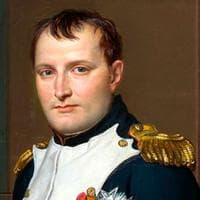
Napoléon Bonaparte

Otto von Bismarck
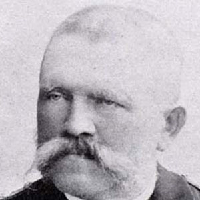
Alois Hitler
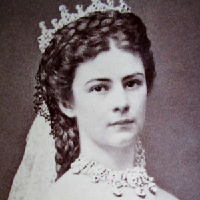
Empress Elisabeth of Austria
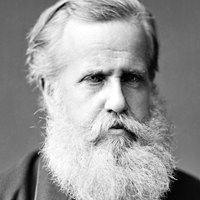
Pedro II of Brazil
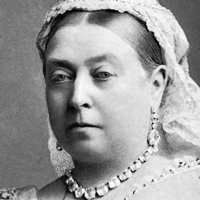
Queen Victoria

Frederick Douglass

Alexander I of Russia







